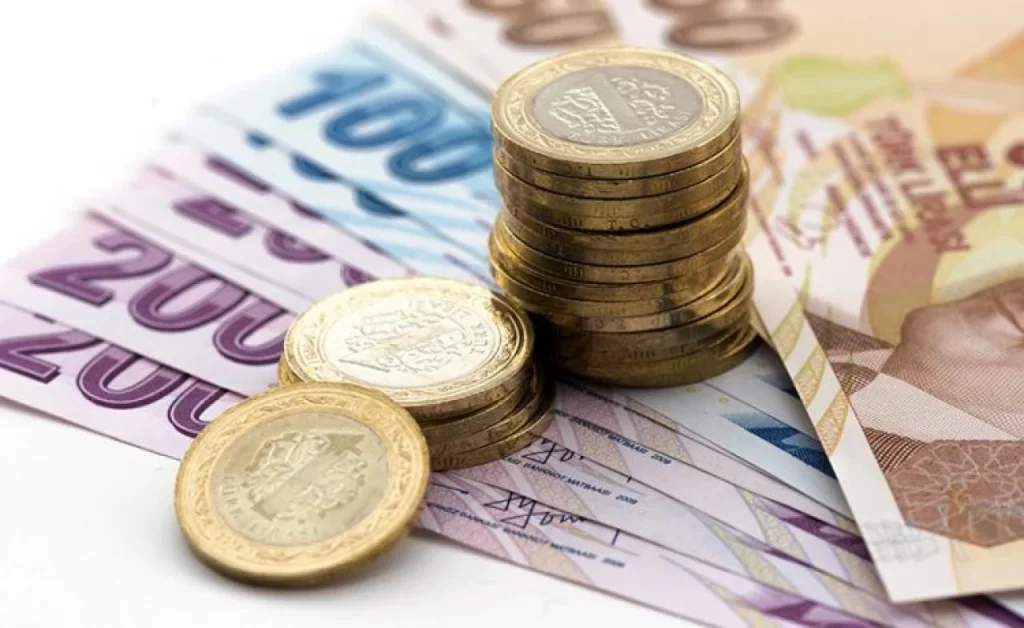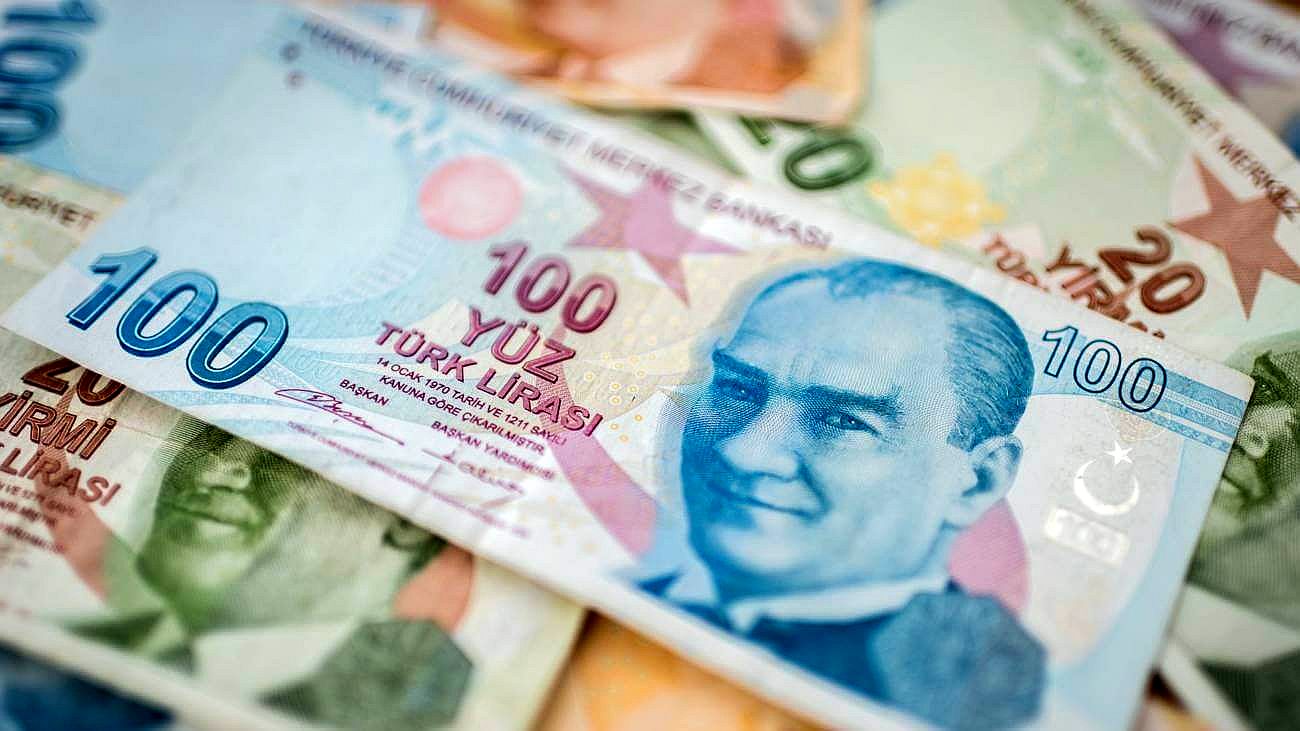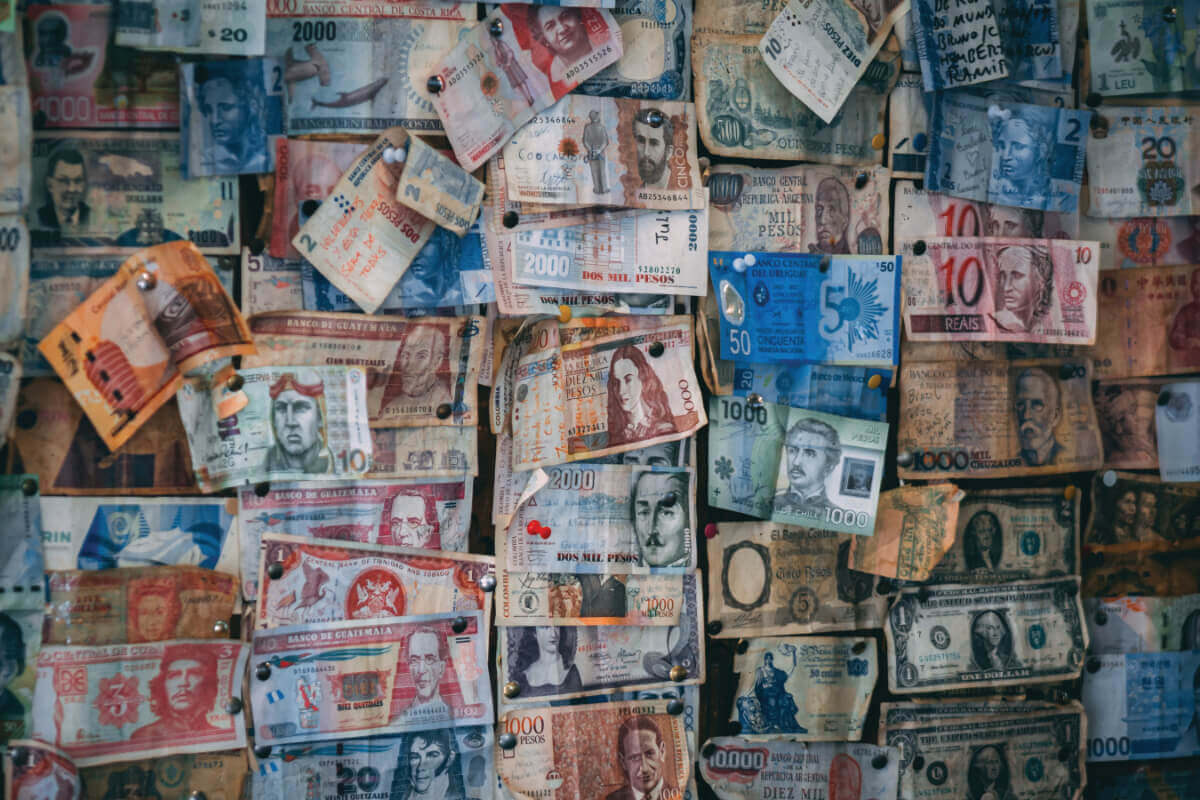How to work with local currency when traveling to Northern Cyprus
With its rich history and fascinating culture, Northern Cyprus is one of the popular destinations for tourists from all over the world. In this comprehensive guide, we have reviewed all aspects of using the local currency while traveling to this beautiful country.
Official currency
The official currency of Northern Cyprus is the Turkish Lira (TRY), which is divided into 100 Kurus. This currency has various notes and coins that are widely used throughout the country.
All kinds of bills and coins
Common Turkish lira banknotes are available in denominations of 5, 10, 20, 50 and 100 lira. Common coins include 1, 5, 10, 25, and 50 kroush and 1 lira. Familiarity with these bills and coins will help you to be more comfortable when shopping and paying. If you are looking to buy a property in North Cyprus, another service provided by Zahoorian Investment Company is the purchase of property in North Cyprus. These services are performed by our skilled experts, and you can get a free property purchase consultation by visiting our North Cyprus property purchase service page.
currency exchange
before the trip
- Exchange in your country: It is recommended to get some Turkish lira from local exchange offices or banks in your country before traveling to Northern Cyprus.
- Exchange rate: Be sure to check the exchange rate and avoid changing money at the airport due to high commission rates.
in Northern Cyprus
- Local Exchanges: There are many exchange offices all over Northern Cyprus where you can easily change your money.
- Banks and hotels: Banks, hotels and some large shops also offer currency exchange services.
- Receipt and exchange rate: Always check the exchange rate and be sure to get a receipt when converting.
Tips for using cash
- Cash is always king: Although credit cards are accepted in tourist places, cash is still the most common method of payment in Northern Cyprus.
- Small change: Always carry some cash, especially for small payments and entry fees.
- Take care of cash: Be careful when carrying cash and use safe places to keep it safe from pickpockets.
Use of credit cards
- Card Acceptance: Credit cards are widely accepted in hotels, restaurants and large shops. However, in small shops and markets, only cash may be accepted.
- Fees and Charges: Using credit cards may incur international transaction and currency conversion fees. Talk to your bank about the associated fees before you travel.
Cash withdrawal from ATMs
Access: ATMs are widely available throughout North Cyprus and often support international cards.
Fees: When withdrawing cash from ATMs, fees may be applied by your bank as well as the bank that owns the ATM.
Next, one of the services of Zahourian Investment Company is investment services in North Cyprus, and if you are looking for investment in North Cyprus, the investment company will undoubtedly be an attractive choice for you! You can get more information about these services by visiting our investment services page!
Alternative payment methods
- Mobile payment apps: Mobile payment apps like Apple Pay and Google Pay are growing in popularity and may be accepted in some stores.
- Traveler’s check: Traveler’s checks are not widely accepted, but can be cashed at some banks and exchange offices.
General points
- Budgeting: Before you travel, set a budget for your trip to North Cyprus and include the approximate costs of accommodation, food, transport and activities.
- Carry Cash: Carry only the amount of cash you need for a day or two.
Deepening into the monetary system of Northern Cyprus
To better understand the financial system of North Cyprus and better manage our finances, let’s take a deeper look at the monetary structure of this country.
The structure of the monetary system
- Central Bank: The Central Bank of Northern Cyprus (KKT Merkez Bankası) is responsible for issuing money, setting monetary policy and supervising the country’s financial system.
- Banks: Various public and private banks operate in North Cyprus and offer services such as savings accounts, loans and credit cards.
- Exchanges: Exchanges play an important role in converting foreign currencies into Turkish lira and vice versa. Exchange rates can vary between different exchanges, so compare rates before converting your money.
Payment options
Cash: Turkish lira notes and coins are still the most common form of payment in Northern Cyprus.
Credit and Debit Cards: Credit and debit cards are increasingly accepted in hotels, restaurants and department stores.
Mobile payment apps: Mobile payment apps like Apple Pay and Google Pay are also growing in popularity.
Security tips
- Protect your money: Always keep your cash and cards in a safe place and avoid sharing your bank details with strangers.
- Use of valid ATMs: Only use ATMs in public places with sufficient lighting and pay attention to your surroundings when using the ATM.
- Report suspicious activity: If you notice any suspicious activity related to your cards or bank transactions, notify your bank immediately.
For more information about currency conversion in North Cyprus, you can refer to the article Currency Conversion in Travel to North Cyprus: A Comprehensive Guide for Iranians!
Key terms
To learn more about the financial system of Northern Cyprus, it is useful to know the following key terms:
- Turkish lira: Türk Lirasi (TRY)
- banknote: banknote
- Coin: madeni para
- Exchange: döviz bürosu
- Bank: banka
- Automated teller machine: ATM
- Credit card: kredi karti
- Debit card: banka kartı
- Cost: masraf
- Budget: budget
- Exchange rate: kur
- fraud: dolançılık
- VAT: KDV
- Tax included: vergi dahil
Conclusion
By following this comprehensive guide, you can start your trip to North Cyprus with more confidence and enjoy a unique experience in this beautiful country. By knowing the important points in using the local currency, payment methods and security tips, the financial management of your trip will be more optimal and safer. Finally, if you are looking for information about working conditions in North Cyprus, you can visit our North Cyprus working conditions page.


















